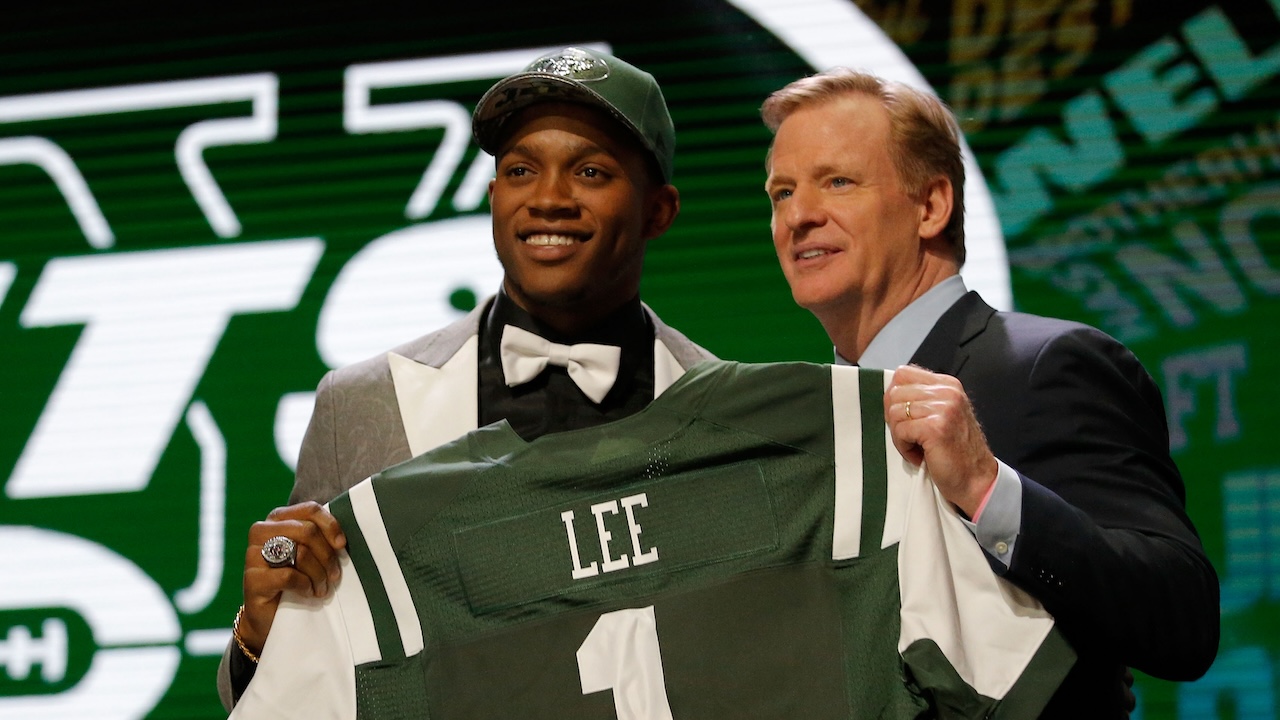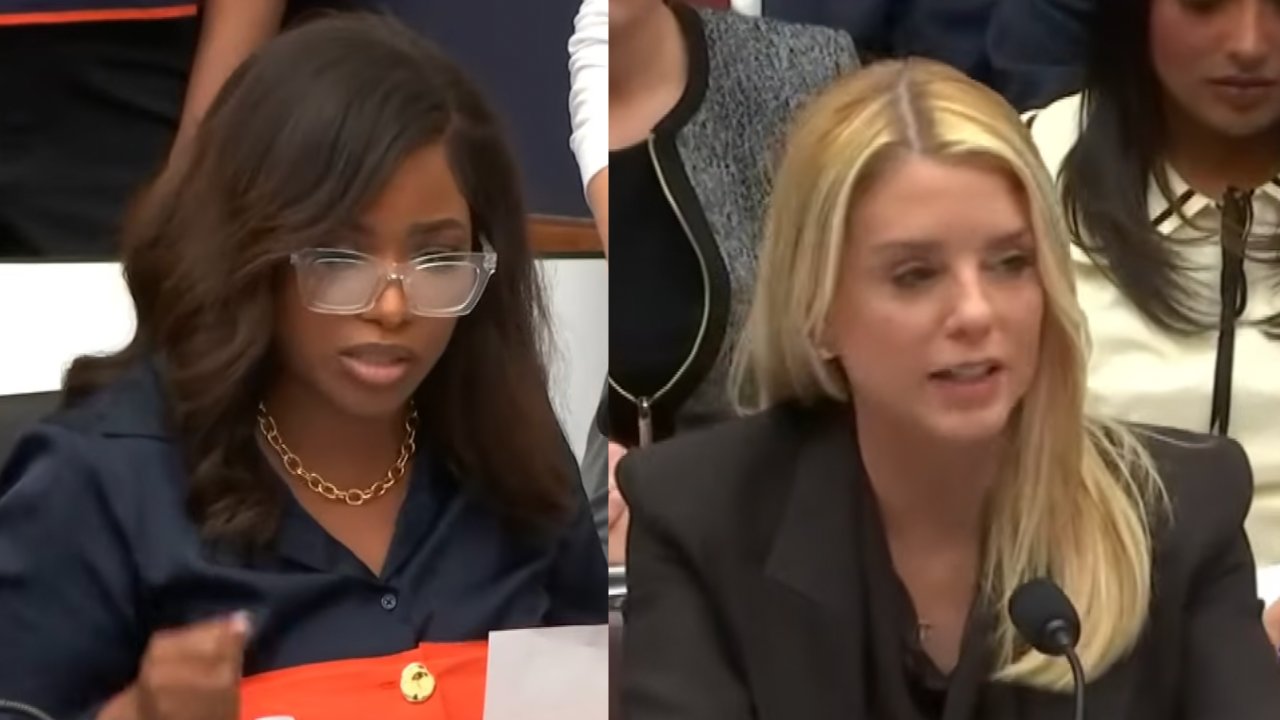With ‘Star Line,’ Chance the Rapper charts his rise, fall, and triumphant return

Listen to this story
When Chance the Rapper took to the Grammy stage in 2017 to accept the award for Best New Artist, yelling “independence is freedom” as the music signaled his speech was over, it was a declaration that the music industry’s newest disruptor was here to stay.
Chance, real name Chancelor Bennett, took home three Grammy awards that night as an independent artist on top of the world. He’d broken the music industry’s rules and showed what was possible by going fully independent. It seemed unfathomable at the time that he’d be needing a comeback album just eight years later. And yet, here we are, a week removed from his latest release, Star Line, that’s a return to form from a rapper who’s had to claw his way back to prominence.
To know Chance the Rapper’s rise to superstardom is to be inspired by it. His first project, 10 Day, was recorded while he was serving a 10-day suspension in high school for smoking marijuana. He’d gain a cult following from that project, but he’d find a national audience with 2013’s Acid Rap, an adventurous, drug-fueled, multi-layered musical masterpiece. The project is a classic that has aged beautifully over the past 12 years.
One of the reasons Acid Rap has held up so well is because Chance was rapping like his whole family’s rent was due. One of Chance’s underrated gifts is his ability to bend words and phrases in the midst of his harmonized vocals. For instance, “Okie dokie, alky, keep it lowkey like Thor lil bro” just tumbles out of his mouth, but watching it fit into a perfect rhyme pattern is like watching someone solve a Rubik’s Cube in seconds. Matched with Chance’s free-wheeling spirit and creativity, and you have a project that placed him as one of the great young artists in rap.
Acid Rap also emerged in a time when Chance’s hometown of Chicago was in the news daily — mostly as a dog whistle for the most vitriolic anti-Black sentiments. Whenever Black folks tried to even mention or fight for our rights to live peacefully, Chicago would come up as an example of the mythical “Black-on-Black crime” rhetoric as a means to dehumanize us. Chicago would take on a stereotype as the land of senseless violence and nothing else. These depictions were especially placed on young, Black men.
Chance’s Acid Rap and his follow-up, 2016’s Coloring Book, offered something different — a young, joyful, multi-faceted Black man who reported on the truths about his hometown while also celebrating its beauty. At one minute in the album, he’s begging for journalist Katie Couric to show up and report on the violence he’s seen. In the next, he’s celebrating juke jams and parties.
As is often the case, a Black boy’s joy is going to face backlash. For Chance, the backlash came in part because of his overall positivity — he danced, made songs dedicated to his partner and their child, and made full-on gospel songs in the middle of his projects. His meteoric rise as an independent artist, unsigned to any label, would also bring about the dubious claim of being an “industry plan,” a mostly meaningless phrase used to accuse artists of being secret agents of record labels utilized to push an agenda.
Essentially, the idea was that Chance’s rise was inauthentic. Those silly criticisms only got louder at the 2017 Grammys when his three wins — Best New Artist, Best Rap Album and Best Rap Performance — were, to some, a celebration of his radical artistry, and to others, a confirmation that Chance’s popularity was being buoyed by shadow record labels.
When an artist is at the top, faced with such polarizing reactions, their next move becomes critical. Chance’s was an album that set his career back years: The Big Day.
The 2019 album, mostly a tribute to love and his wife, was universally panned. Some Chance defenders will point out that the outrage was simply because the album was a man unapologetically and loudly celebrating his wife. Sure, while the thirst to see him fail was surely part of the online thrashing, the actual quality of the album did him no favors.
Todd Owyoung/NBC via Getty Images
As part of a 2020 legal dispute, Chance’s former manager, Pat Corcoran, alleged the rapper announced a July release date for The Big Day just five months before having even conceptualized or written anything for it. And The Big Day certainly sounds like it. While the idea of celebrating his wife for a full album is admirable, that’s where the project’s goodwill ceases.
I revisited the album a few days ago before writing this article and it’s worse than I remember. Chance’s normally complex rhyme patterns are replaced with simplistic and sometimes nonsensical schemes. The melodies are cacophonous and the album just lacks the creativity that made Chance so beloved. It’s hard to find a single redeemable or replay-able moment in the entire album.
But bad albums happen to the best artists. They recover all the time. But one thing that’s undefeated is an unforgettable meme. In the midst of The Big Day backlash came a 27-second video from a creator named Charlie Winsmore that featured a Chance the Rapper impersonator repeating “ooh I love my wife” interspersed with his trademark ad-libs over a wonky beat that sounds like an Atari video game soundtrack.
The meme went platinum on the internet and became the single lasting sound from The Big Day. In one half-minute clip, Chance went from a guy with a bad album to a punchline — not just any punchline, but a punchline about being corny. It didn’t help that Chance’s subsequent divorce last year only brought back the meme, as well as allowed those who already had ill feelings toward him to further make fun of his pro-marriage, Christian messaging.
That’s where Chance the Rapper found himself as he was working on Star Line. He was a divorced, embarrassed, ridiculed former supernova who had come crashing down to earth. To Chance’s credit, the album leans into the backlash and ridicule he received, facing them head on. “Surprise! It’s the boy from the premature burial,” he raps on “Back to The Go,” a song about moving back home post-divorce and trying to find himself again. The moments where he raps about picking up the pieces after his marriage ended are so raw, they harken back to the early days of Chance rapping about growing up in Chicago on Acid Rap.
But most importantly, the album just sounds good. Chance is again a syllabic magician, rapping like a kid again. He’s also constructing songs that sound beautiful. “Space & Time” is a reminder that Chance is at his best when he finds the right melody and emotional delivery to elicit a tear-jerking reaction. The album’s single, “Tree” is wacky, creative Chance interpolating India. Arie’s song “Video” to be about weed. It’s the type of unexpected risk-taking and playfulness that had been a staple of his style.
Star Line feels like a book of essays, explaining exactly who Chance the Rapper is in his early-30s. He ruminates over where older Black men have disappeared to while mourning the loss of OGs. “The Negro Problem” is a rumination on anti-Blackness in America from the court system to healthcare industry. And then there’s “The Highs and The Lows,” another song that sees Chance figuring out life post-divorce.
All of this comes together for the most complete Chance the Rapper project in a decade. And, once again, it’s inspiring. Chance pulled himself up from professional and personal disasters, got back in the lab and rediscovered his creative stride. It’s a testament to his determination to make good art and a refusal to stay down. For that alone, Star Line is a product deserving of the praise that’s been missing for years.
What's Your Reaction?
 Like
0
Like
0
 Dislike
0
Dislike
0
 Love
0
Love
0
 Funny
0
Funny
0
 Angry
0
Angry
0
 Sad
0
Sad
0
 Wow
0
Wow
0

































